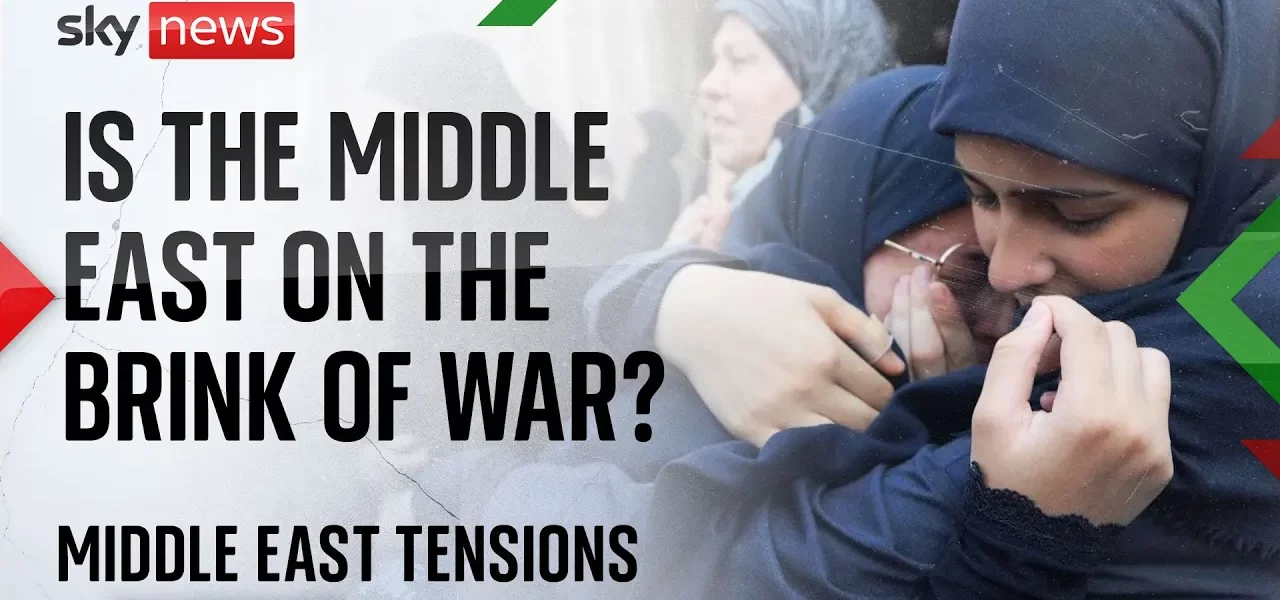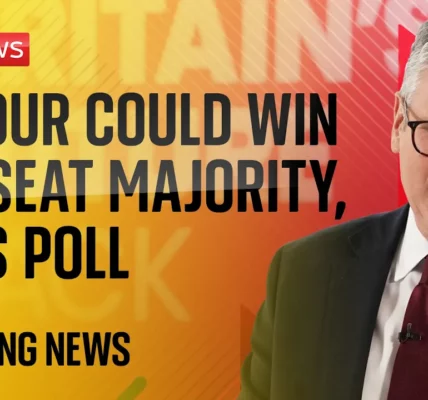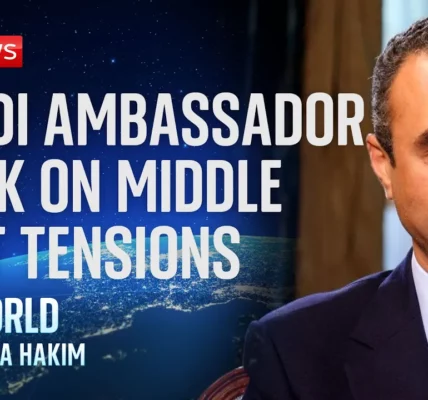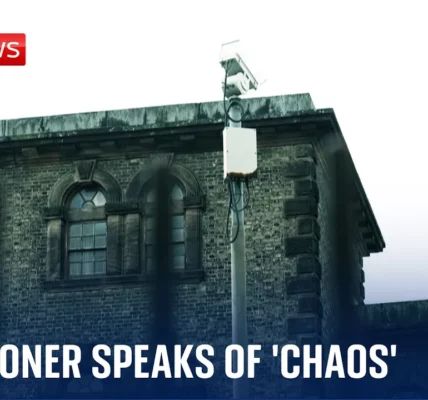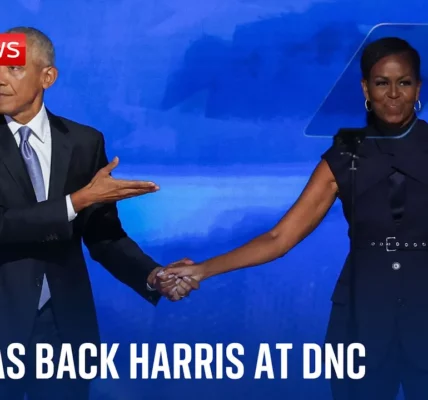Israeli Strikes in Beirut and Tehran: Tensions Rise in the Middle East

This article explores the recent Israeli airstrikes in Beirut and Tehran, the responses from Hezbollah and Hamas, and the potential ramifications for regional stability in the Middle East.
Introduction
The recent Israeli military operations targeting the heart of Beirut, Lebanon, and Tehran, Iran, have ignited a wave of tensions across the Middle East. Emergency workers are tirelessly working to clear the rubble left behind by these strikes, revealing a complex web of implications for regional security. With Hezbollah’s leadership directly affected by these attacks, the stakes are higher than ever. The situation remains fluid, raising questions about potential escalations and the response from various factions involved.
Impact of the Israeli Strikes
The Israeli airstrikes have caused significant destruction in densely populated civilian areas, leading to a humanitarian crisis. As rescue operations continue, the discovery of personal belongings buried under debris paints a heartbreaking picture of loss and devastation.
Humanitarian Consequences
- Fallen buildings exposing homes and personal items
- Increased number of casualties, including innocent civilians
- Psychological impact on survivors and the community
Hezbollah’s Response
Hezbollah, a key player in Lebanese politics and military operations, has vowed to retaliate against Israel for the attacks. The organization confirmed that one of its high-ranking commanders, Fuad Shuka, was killed during the strikes, intensifying their resolve.
Calls for Retaliation
Local leaders within Hezbollah have expressed their outrage, promising revenge and stating that Israel will face consequences for its actions. The sentiment among the community is one of mourning and anger, creating a volatile atmosphere.
Public Mourning and Solidarity
In the aftermath of the strikes, hundreds gathered in Dahya to mourn the loss of their comrades. The community’s grief reflects a broader sense of unity and resilience among Hezbollah supporters.
The Regional Implications of the Strikes
The strikes on Beirut and Tehran are viewed by many as an aggressive breach of sovereignty, raising concerns about a broader conflict in the region. Local politicians have voiced their fears regarding the escalating violence and its potential to spiral into a regional war.
International Reactions
There is growing criticism of Israel’s military actions, with calls for the international community to take a firmer stance against continued aggression. Analysts suggest that prolonged violence may lead to a broader conflict involving various regional players.
Potential for Escalation
- Increased military engagements between Hezbollah and Israeli forces
- Potential involvement of Iran in direct support of Hezbollah
- Impact on civilian populations and humanitarian crises
The Role of Iran and Future Developments
As a crucial ally of Hezbollah, Iran’s response to the Israeli strikes will significantly influence the unfolding situation. The potential for retaliation from Iran raises the stakes for all involved.
Hezbollah and Hamas Dynamics
The relationship between Hezbollah and Hamas is integral to understanding the current conflict. Both groups have expressed solidarity in their resistance against Israeli actions, leading to a unified front.
Future Considerations
As the situation develops, observers are keenly watching how Iran will respond and the scale of any retaliatory measures. The region’s stability hinges on these decisions.
Conclusion
The recent Israeli strikes in Beirut and Tehran have not only led to immediate humanitarian crises but also set the stage for potential escalations in regional conflict. With Hezbollah and Hamas poised to respond and the international community urged to intervene, the coming days will be crucial in determining the future of peace and security in the Middle East. It is imperative for readers to stay informed and engaged as these events unfold, considering the broader implications for global stability.
For more insights on Middle East dynamics and ongoing conflicts, visit our related articles on the geopolitical landscape and humanitarian crises in the region.
“`
